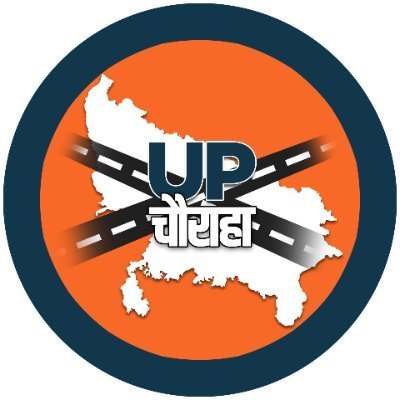Chief Minister Yogi Adityanath emphasised that, with the rapidly transforming development landscape of Uttar Pradesh’s cities, authorities must urgently develop a comprehensive ‘Urban Redevelopment Policy.’ This policy will not merely focus on reconstructing buildings but will drive the holistic rejuvenation of cities. Cities are not just clusters of buildings but vibrant social structures, and their revival requires a policy that balances modernity, tradition, and humanity.
In a meeting with the Housing Department on Tuesday (14 October), CM emphasised that the new policy aims to transform old, dilapidated, and underutilised areas into modern urban infrastructure with adequate public amenities and environmental balance. The policy should include provisions to ensure the creation of safe, clean, organised, and livable cities.
He directed that the policy prioritise land reorganisation, encourage private investment, create transparent rehabilitation systems, and protect livelihoods for affected families. Every project must uphold the principle of ‘public welfare above all’ and ensure no adverse impact on anyone’s property or livelihood, adopting a fair and humane approach.
Clear Guidelines for Investors
CM Yogi stated that the new policy should prioritise a state-level redevelopment authority, a single-window approval system, and the Public-Private Partnership (PPP) model. Investors should be provided with clear guidelines, incentives, and safeguards to encourage active participation from the private sector in redevelopment projects. Additionally, green building standards, energy efficiency, and sustainable development provisions must be mandatory in every project.
Authorities must prioritise preserving the historical and cultural identity of cities. They should develop distinct strategies for old markets, government housing complexes, industrial areas, and unauthorised settlements. The policy should prioritise the redevelopment of outdated government housing, dilapidated housing societies, and encroachment-affected areas.
Differential Charges Based on Land Use
CM Yogi said that the new policy draft incorporate suggestions from public representatives, municipal bodies, and citizens, and be submitted for Cabinet approval promptly. Currently, authorities apply uniform charges across all land use types—residential, commercial, industrial, and agricultural—which is impractical. He instructed that the new system should introduce differential charges based on location and land use.
CM also directed that the calculation system for external development charges be made transparent and simple. He emphasised that the system should enable ordinary citizens to calculate their charges without hassle. The formula for charge determination should be clear, online, and involve minimal human intervention.


